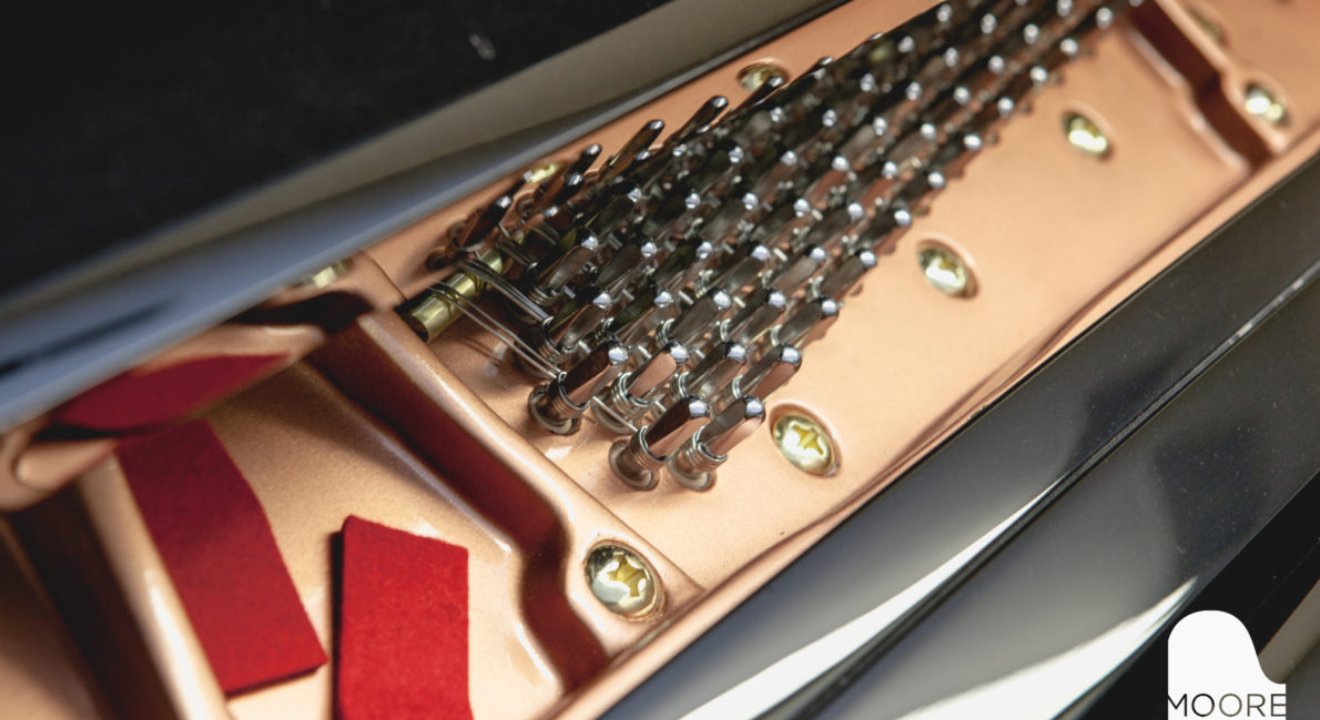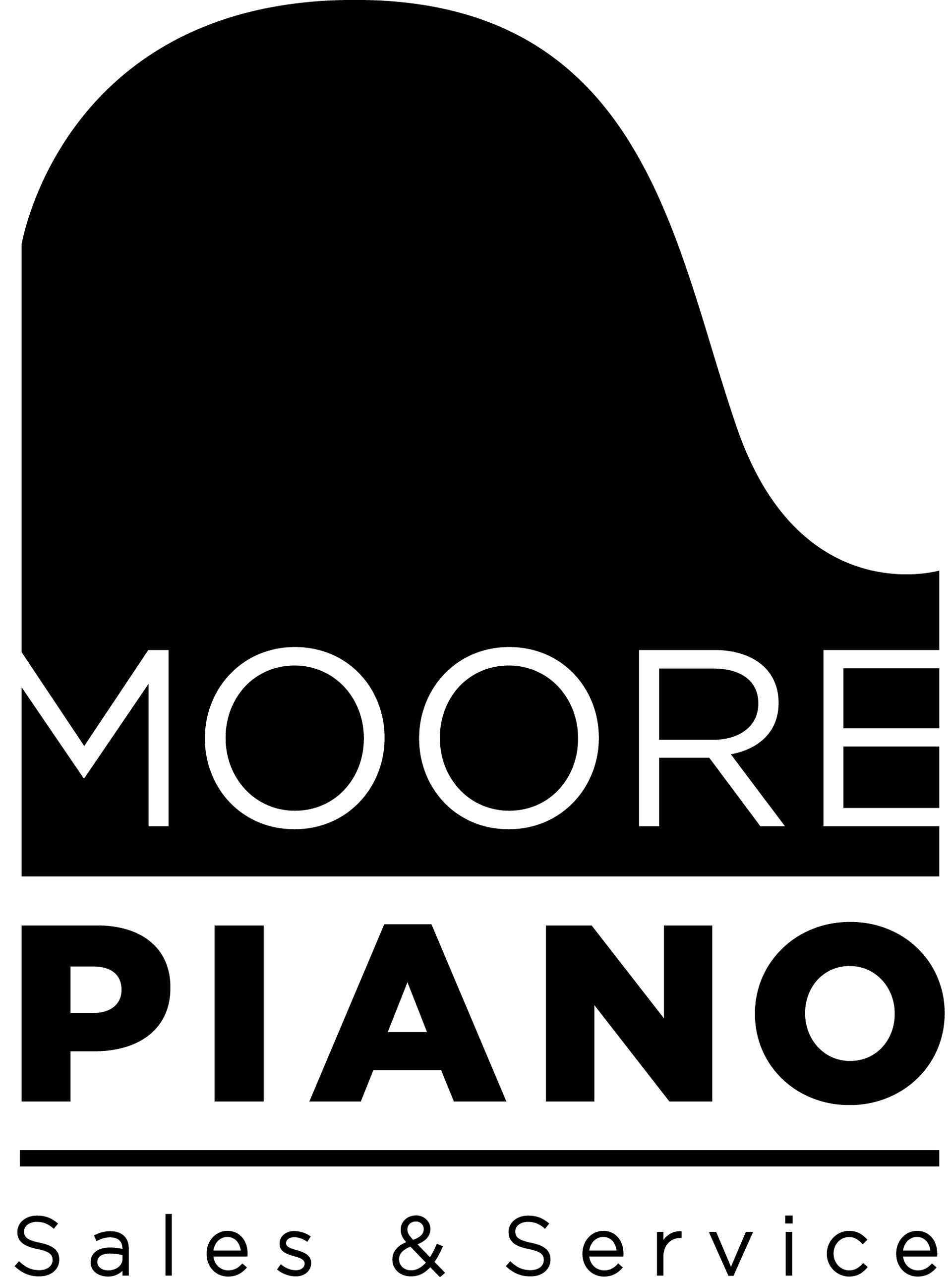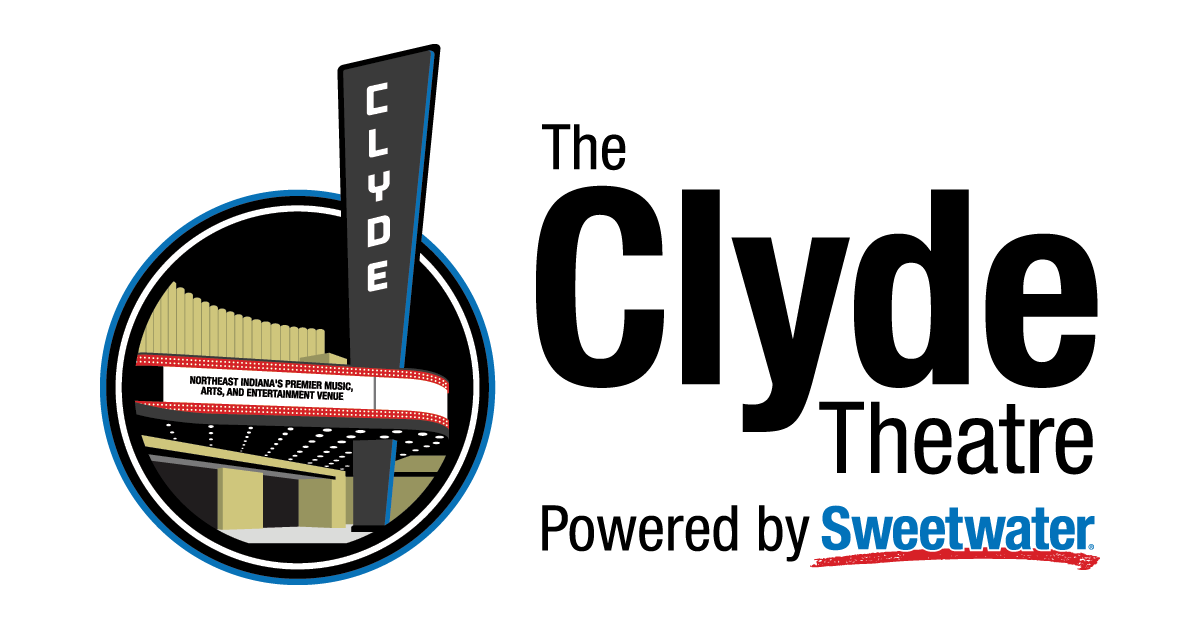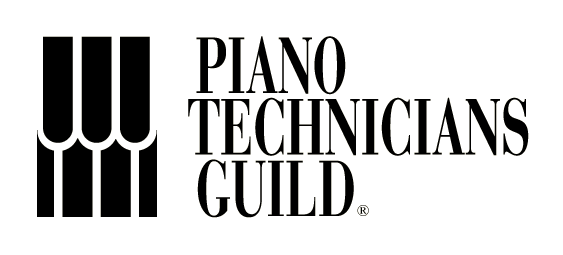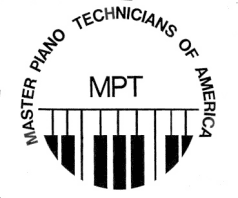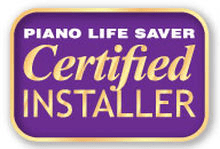Why Hammer Replacement on Pianos is Necessary
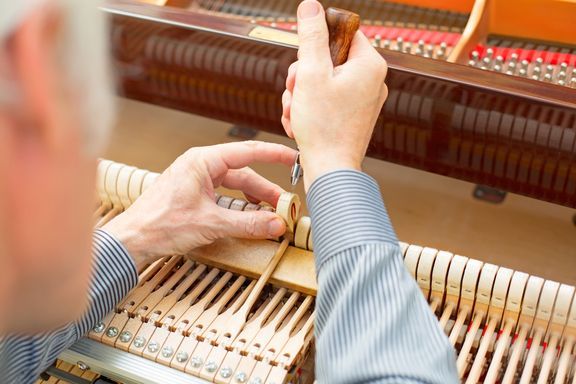 Few things are more grating on a musician’s ear than an instrument that hasn’t been properly maintained. If your piano has begun to sound harsh and unpleasant when once it was mellow and sublime, it might be time to replace the hammers.
Few things are more grating on a musician’s ear than an instrument that hasn’t been properly maintained. If your piano has begun to sound harsh and unpleasant when once it was mellow and sublime, it might be time to replace the hammers.
The original design of a piano governs the basic character of the instrument’s tone, but the deterioration of its hammers over time will undoubtedly change its tone for the worse.
What are Hammers, How Do They Work, and Why do They Deteriorate?
Hammers are responsible for producing the sound of the piano when you depress its keys. They are manufactured with thick, stiff felt stretched around a wooden core or molding at great tension. This tension is designed to cause a “bounce.” When the hammer strikes a string, its deflection results in a specific vibration or tone.
Hammers are designed to be extremely durable but are worn down with use. Over time, your piano’s steel treble strings and the copper windings of its bass strings tamp down the felt, breaking its fibers into pulpy, dead layers with each repeated strike.
Not surprisingly, the piano’s sound is affected by this. Eventually, a hammer doesn’t produce a clean blow at all, but strikes with a flattened, grooved surface, generating a harsh and unsatisfactory sound and making the keys difficult to control. At this point, your piano’s original tone can only be restored by replacing the hammers.
Is There A Less Expensive Option?
If the damage is minimal, a technician can remove the broken felt and reshape the hammer. If doing so compromises the integrity of the hammer’s original shape (reminiscent of an egg), it will also compromise the voice (tone and quality) of the piano. So while reshaping is an option to consider early on, at some point in the life of your piano you will need to change its hammers.
What is the Process for Replacing Hammers?
Hammers are like eyeglasses in that they are custom-tailored for the specific needs of an individual. Because hammers play such a critical role in the tonal quality of a piano, the process for replacing them must be meticulous and done with great care and attention to detail.
Step 1: Selection
The first step in this process is to select a set of new hammers matching the original’s dimensions and the tonal preferences of the piano’s owner.
Once these hammers have been selected, careful measurements are taken to properly calibrate them, including:
- Felt weight
- The bore angle of the shank to the molding (hammer’s wooden core)
- The rake (angle up and down)
Hammers are drilled with careful precision so that they strike the strings exactly as the originals did. Each detail is critical to achieving the best result; special drill presses bore holes in identical right angles to and within the confines of the original’s location and position.
Step 2: Installation
Hammers are then glued into position, a process that sounds simple on its face, but is, in fact, a complex undertaking. Technicians must select a glue to accurately match the piano’s requirements, taking into consideration whether a cold glue or a hot glue (at specific temperatures and viscosity) might be used. Experts will check for a ring of excess glue in the form of a well-defined “collar” to determine if a replacement has been done correctly.
If original shanks and butts are retained, the technician must remove the remains of the old glue with a great deal of care, and size the end of each shank using a specialized tool; the fit must be neither too tight nor too loose for proper adjustment.
A straightedge is then used to take four separate measurements as a quality control measure and adjustments are made as necessary to achieve a “factory” level finish.
How Does Hammer Replacement on Pianos Affect Their Value?
The value of a piano, in fact, lessens if old hammers are not replaced. If you think in terms of a classic car with a balding set of tires, a set of worn hammers negatively affects performance, and are obviously an indication that the piano is in need of maintenance. If the beauty of a piano’s voice is masked by worn hammers, its valuation goes down significantly.
It’s important to engage the services of experienced technicians with expert knowledge of traditional methods when replacing piano hammers. For excellent service and top-quality workmanship, contact the professionals at Moore Pianos . They offer a risk-free guarantee, and you’ll know you’re in great hands because unlike big box supply stores, pianos are their exclusive focus.
The post Why Hammer Replacement on Pianos is Necessary appeared first on Moore Piano.
The Unmatched Piano Blog
